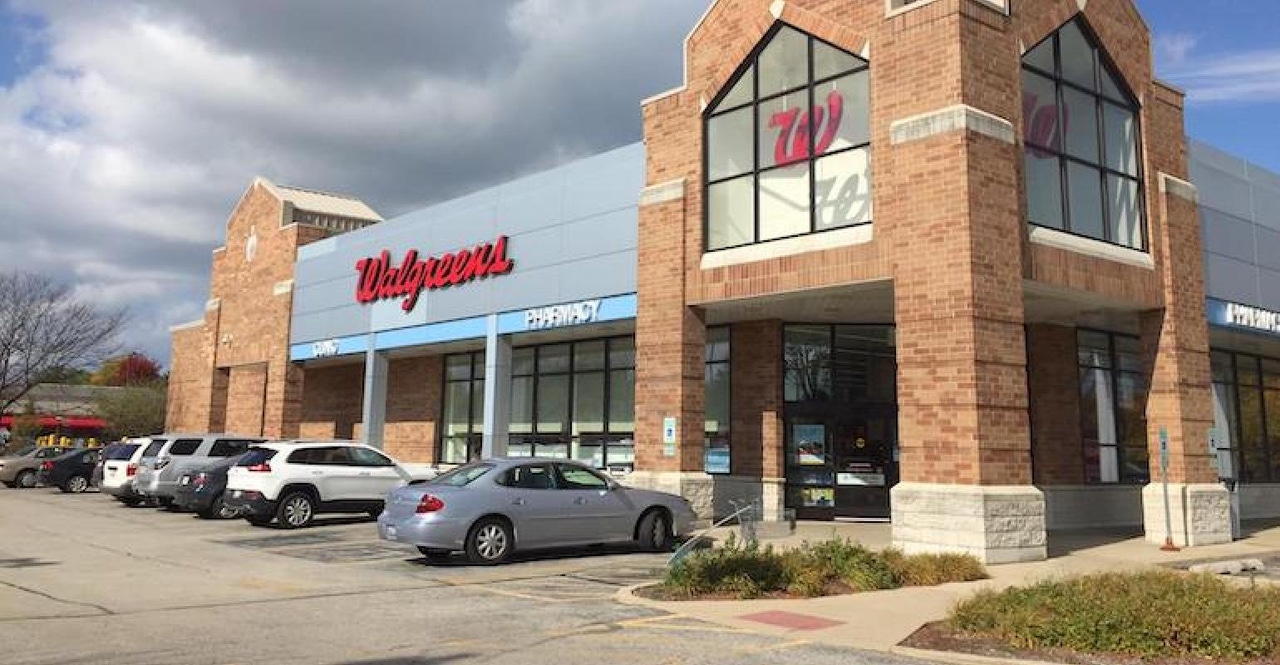California cancels $54M contract with Walgreens over abortion pill stanceCalifornia cancels $54M contract with Walgreens over abortion pill stance
Gov. Gavin Newsom says he will not renew the deal involving the state’s prison system

Using the power behind the claim “California is on track to be the fourth largest economy in the world,” Gov. Gavin Newsom is punching Walgreens where it hurts — the bottom line.
Responding to the retailer’s decision not to offer the anti-abortion pill Mifepristone to states where abortion is illegal, and in some states where it is not, the California governor withdrew a $54 million contract. Walgreens was supplying the state’s prison system with antifungal and antiviral drugs, along with others used to combat ailments like congestive heart failure, and the contract expires on April 30. The state will not be renewing it, and instead will buy its pharmaceutical needs elsewhere.
“California will not stand by as corporations cave to extremists and cut off critical access to reproductive care and freedom,” Newsom said in a statement. “California is on track to be the fourth largest economy in the world, and we will leverage our market power to defend the right to choose.”
Walgreens said it would distribute the drug in any jurisdiction where it is legally permissible to do so.
Republican officials from 20 states sent a harsh warning about the anti-abortion pill to pharmacy giants back in February, and on March 3 Walgreens told NPR it was going to comply. The drug will not even be distributed through the mail. Alabama, Alaska, Arkansas, Florida, Georgia, Indiana, Iowa, Kentucky, Louisiana, Mississippi, Missouri, Montana, North Dakota, Ohio, Oklahoma, South Carolina, South Dakota, Texas, Utah, and West Virginia are the states where the practice will cease. Abortion is legal in Alaska, Iowa, Kansas and Montana, but Walgreens is not ready to distribute the drug in those states.
The group of Republican attorney generals, mostly operating in states where abortion is illegal, delivered a warning to several pharmaceutical retailers that selling abortion pills could lead to legal action.
“Abortion pills are far riskier than surgical abortions, according to established scientific consensus,” the letter stated, “mail-order abortion pills also invite the horror of an increase in coerced abortions. When abortion drugs are mailed or consumed outside a regulated medical facility, the risk of coercion is much higher — indeed guaranteed — because there is no oversight.”
Back in January, the Food and Drug Administration gave retail pharmacies the green light to get certified to distribute the drug. Walgreens is still working through the certification process and is taking steps to sell the drug where it is legal and operationally feasible. The pill of choice is mifepristone, which also is used to help with miscarriages and for a while was only dispensed via specialty offices and clinics. In December 2021 the FDA allowed doctors to prescribe the drug via telehealth appointments and deliver it through the mail.
Walgreens and CVS carried a much different tone about mifepristone distribution two months ago, when they announced they would begin offering the option to customers.
“We intend to become a certified pharmacy under the program,” Walgreens said in a statement. “We are working through the registration, necessary training of our pharmacists, as well as evaluating our pharmacy network in terms of where we normally dispense products that have extra FDA requirements and will dispense these consistent with federal and state laws.”
A few weeks later, Rite Aid announced it would carry mifepristone in a limited amount of stores via mail order.
“We continue to evaluate the requirements for pharmacy certification, pharmacist training, and product availability as we determine the timing for dispensing mifepristone,” Rite Aid said in a statement provided to Supermarket News. “We are committed to ensuring equitable access to customers prescribed this product.”
About the Author
You May Also Like





.webp?width=300&auto=webp&quality=80&disable=upscale)
